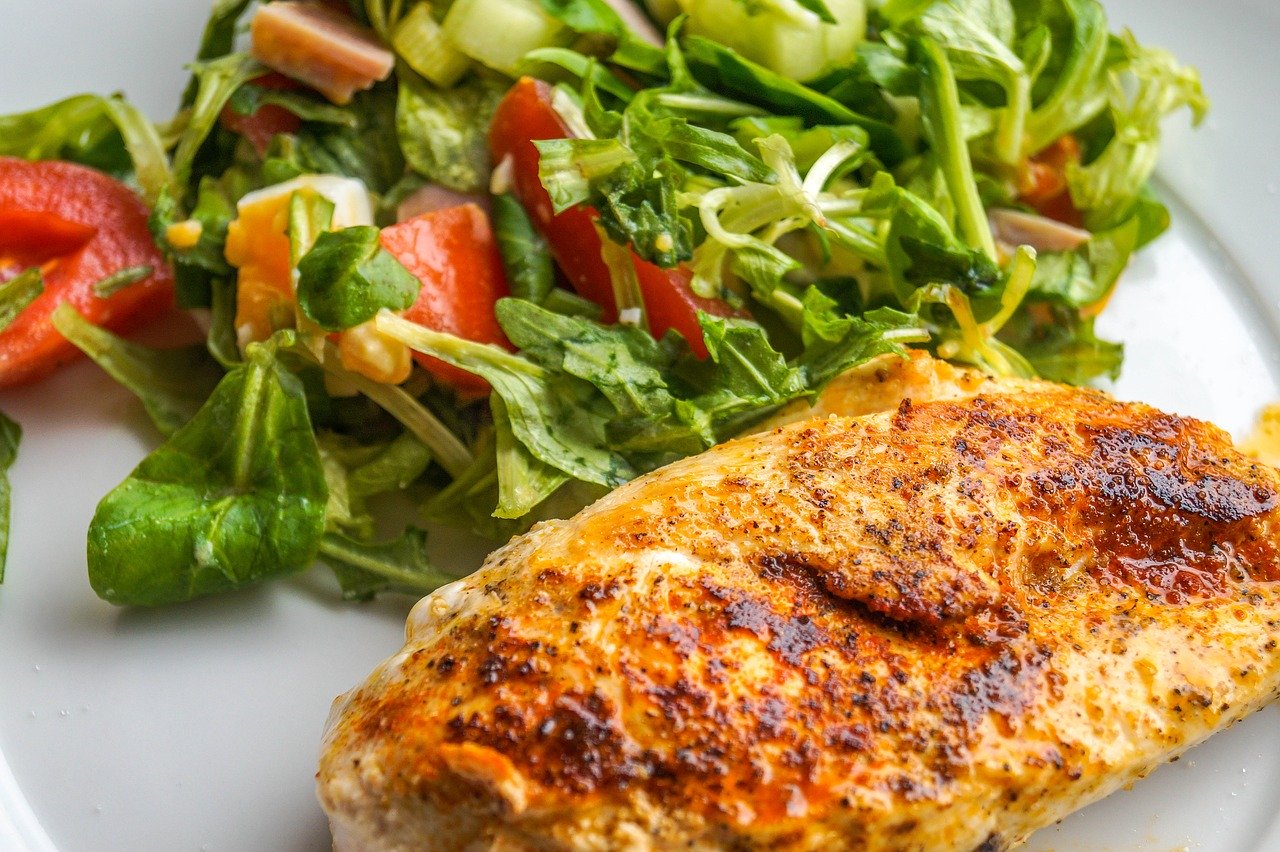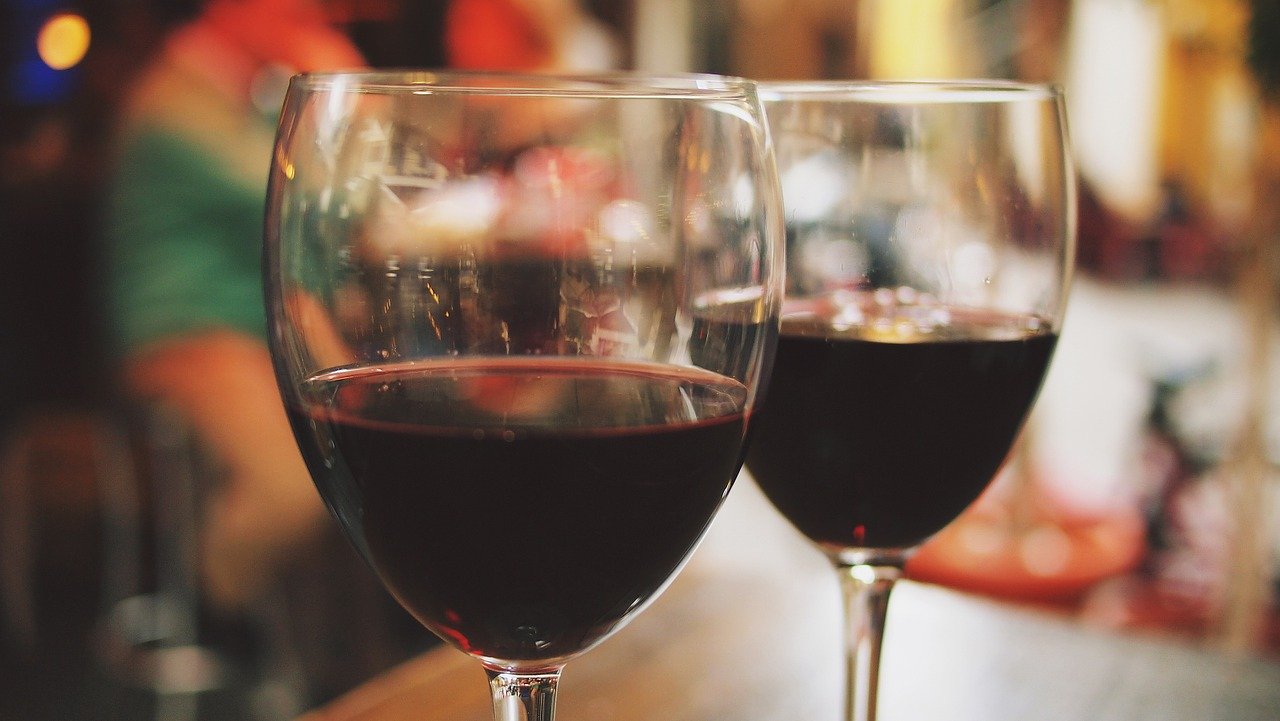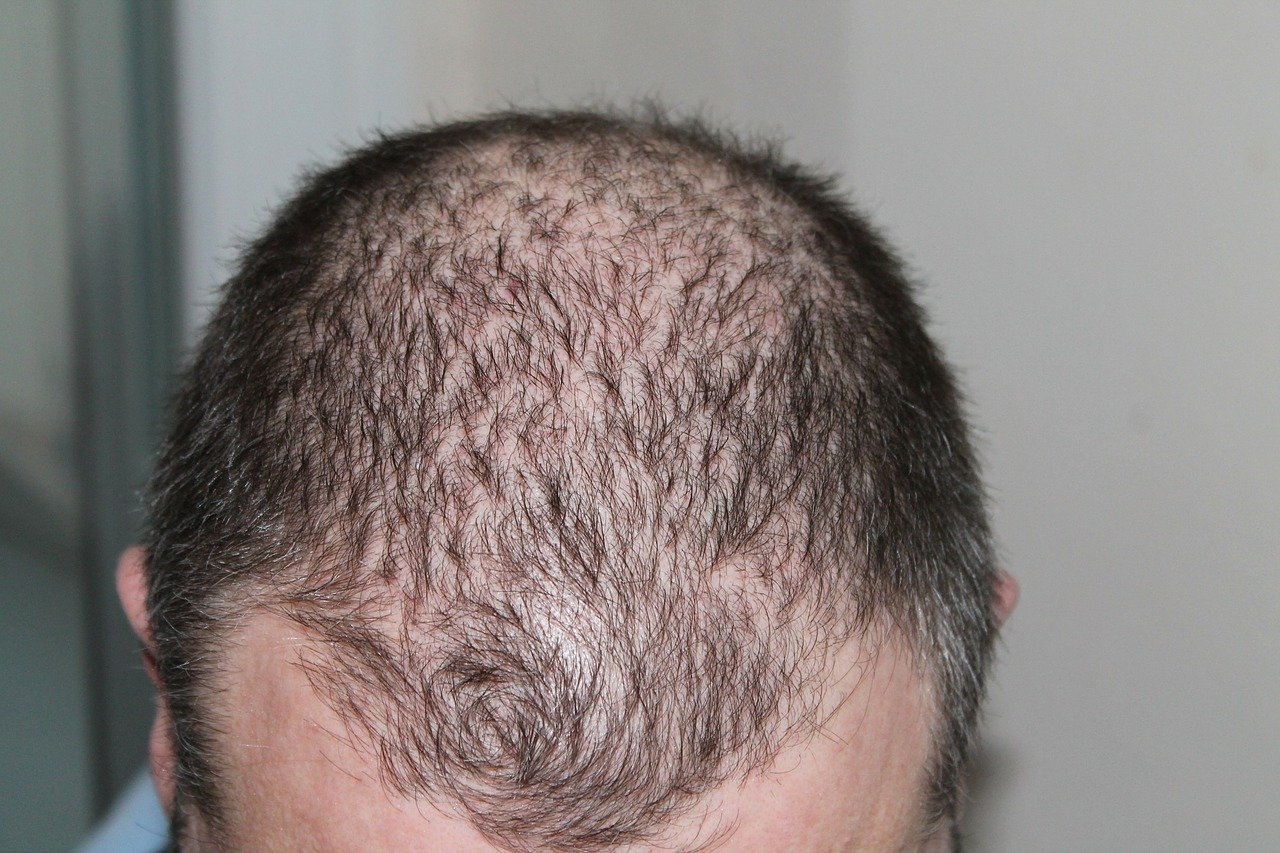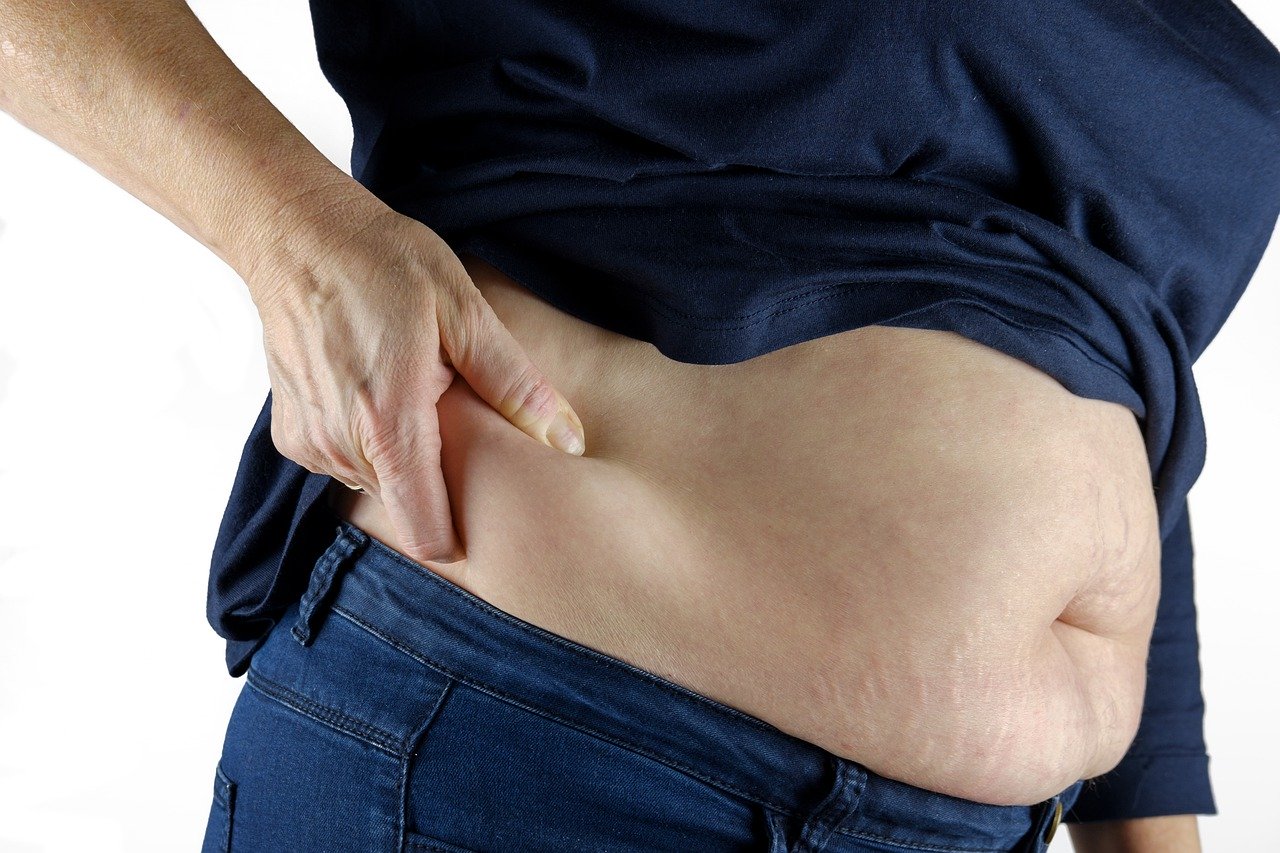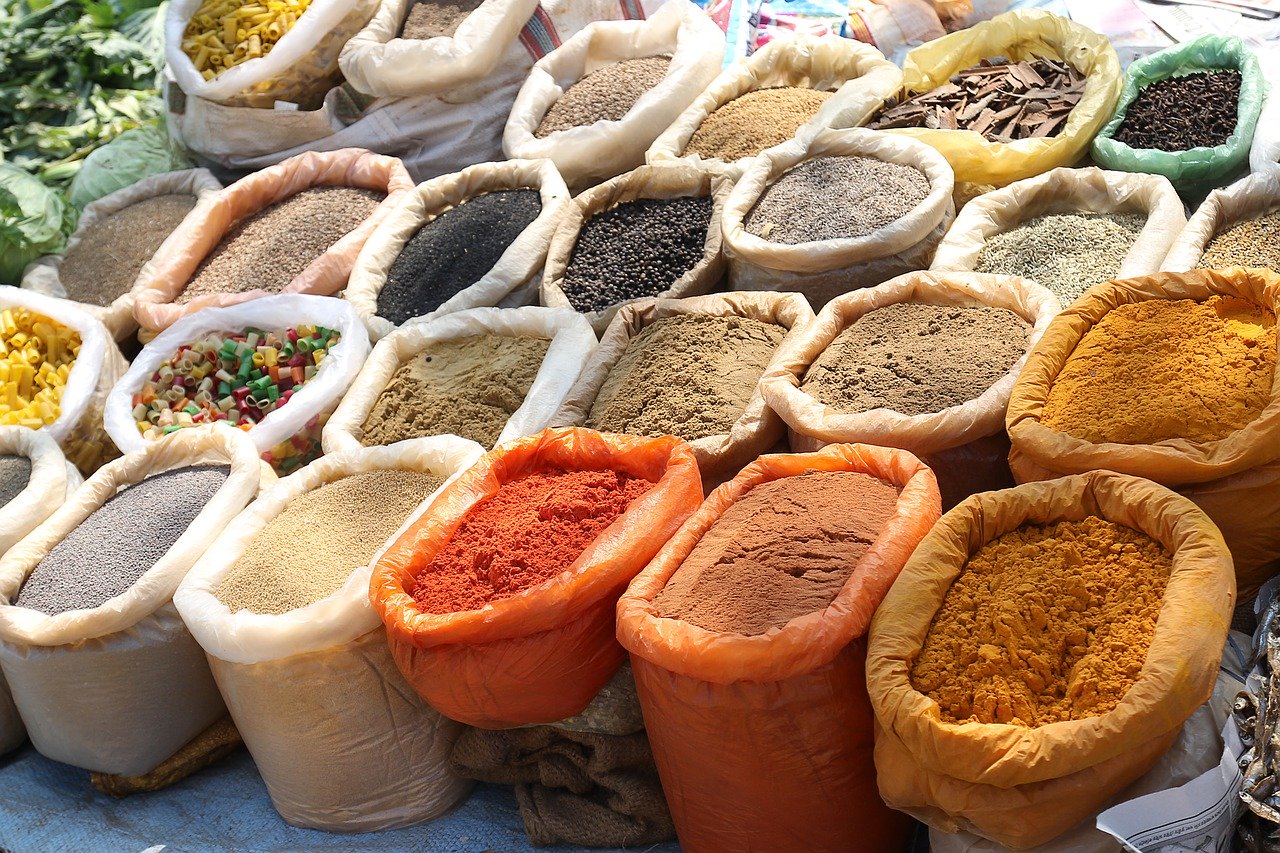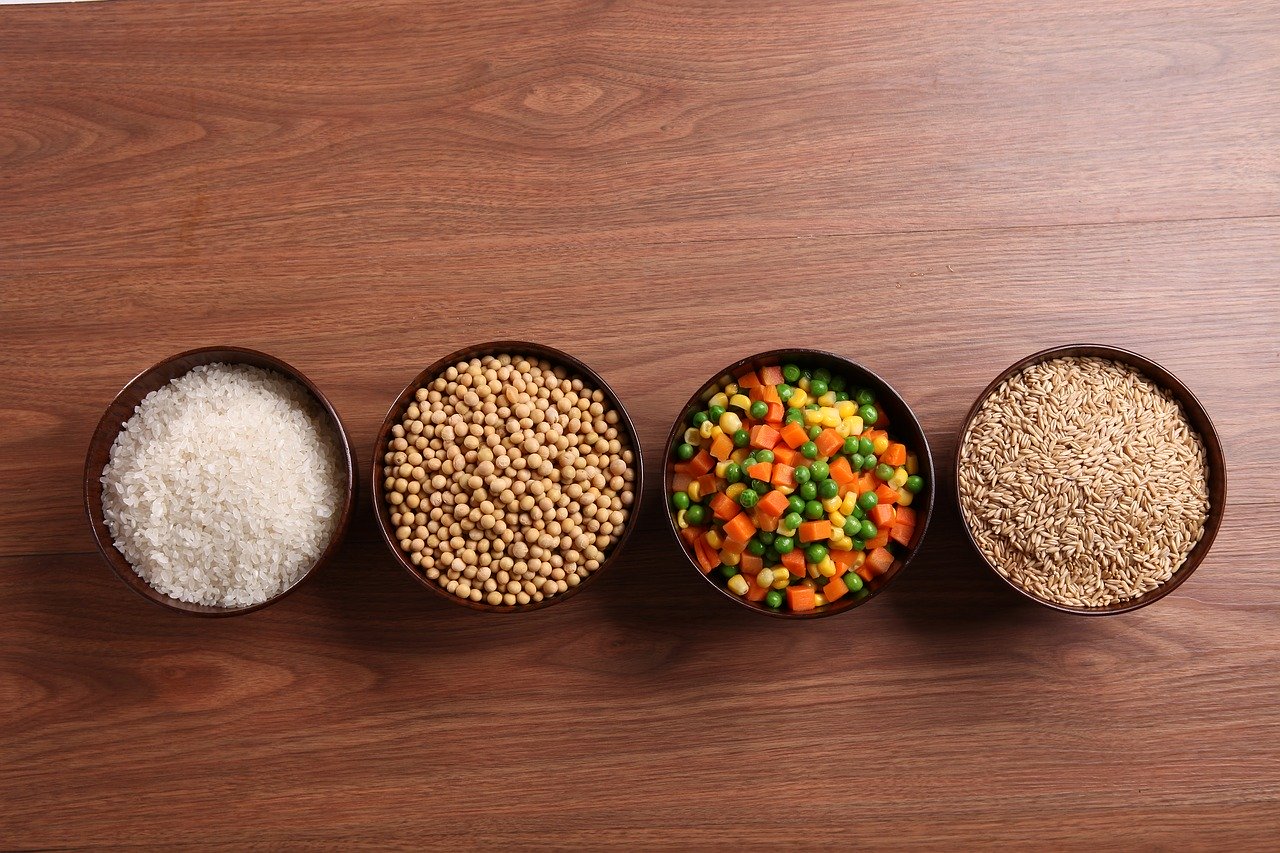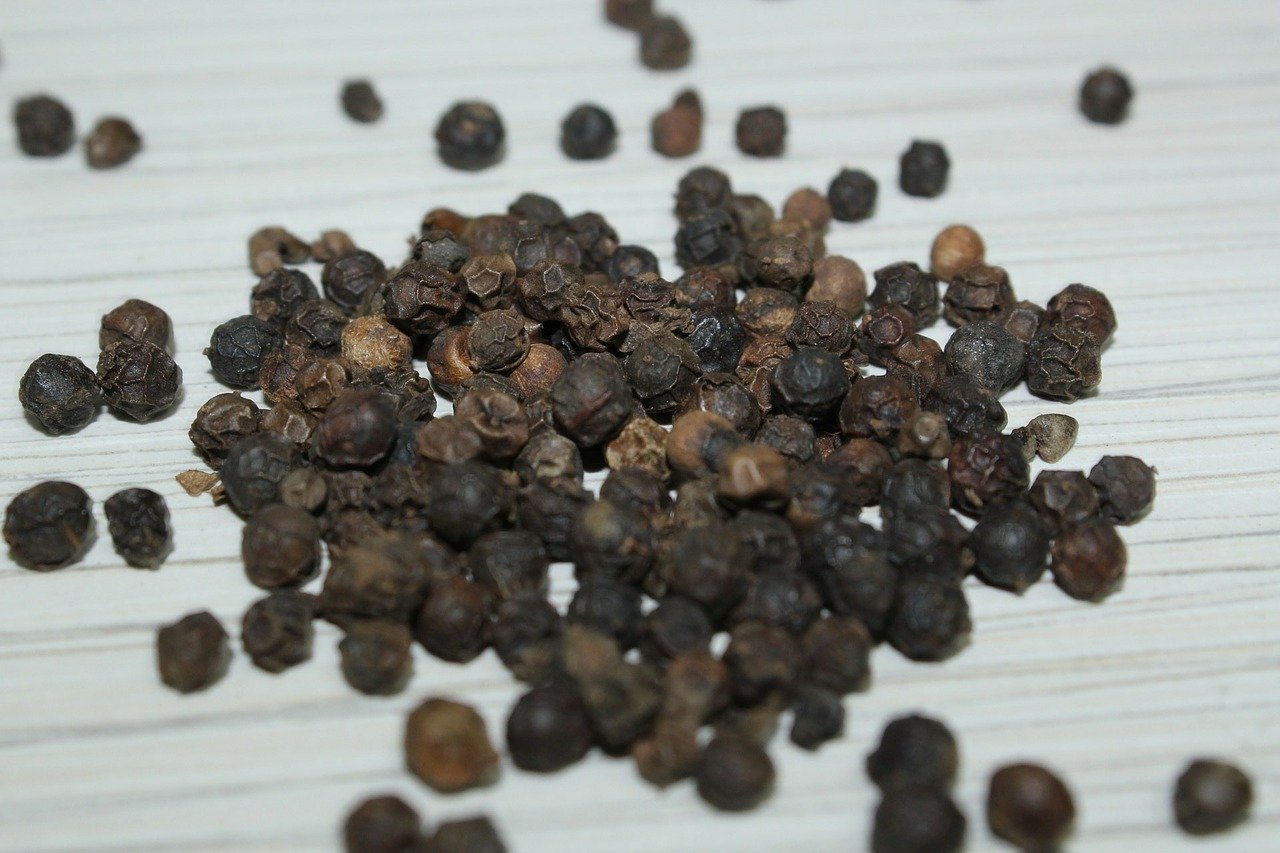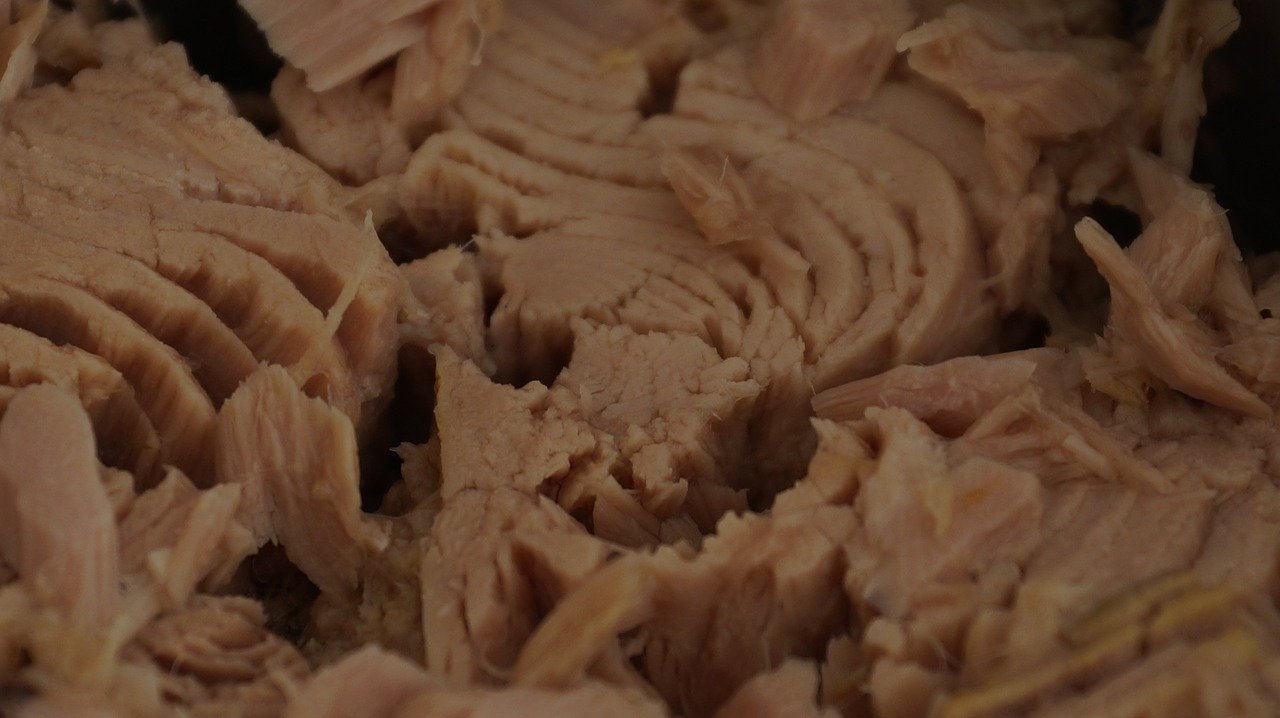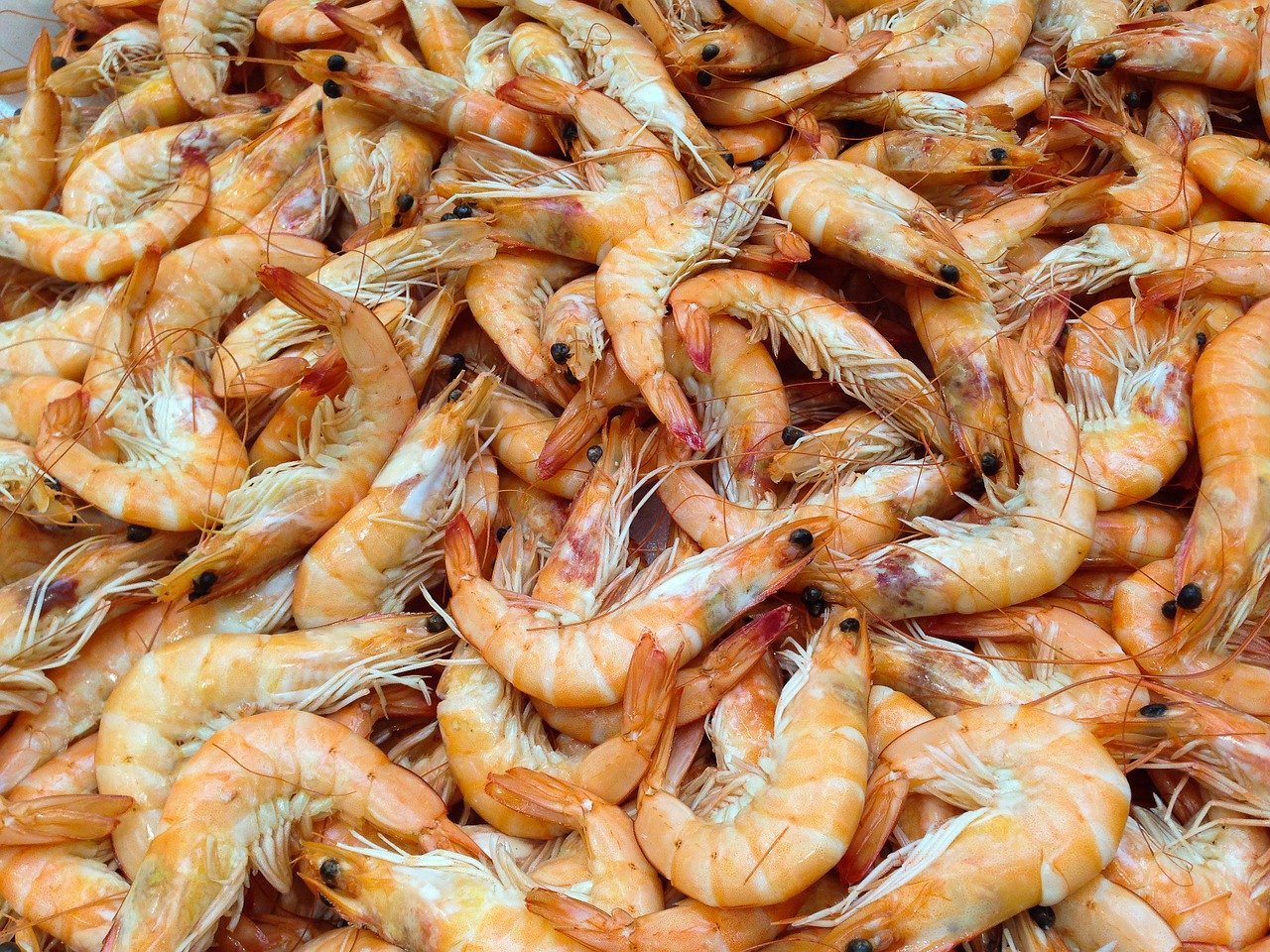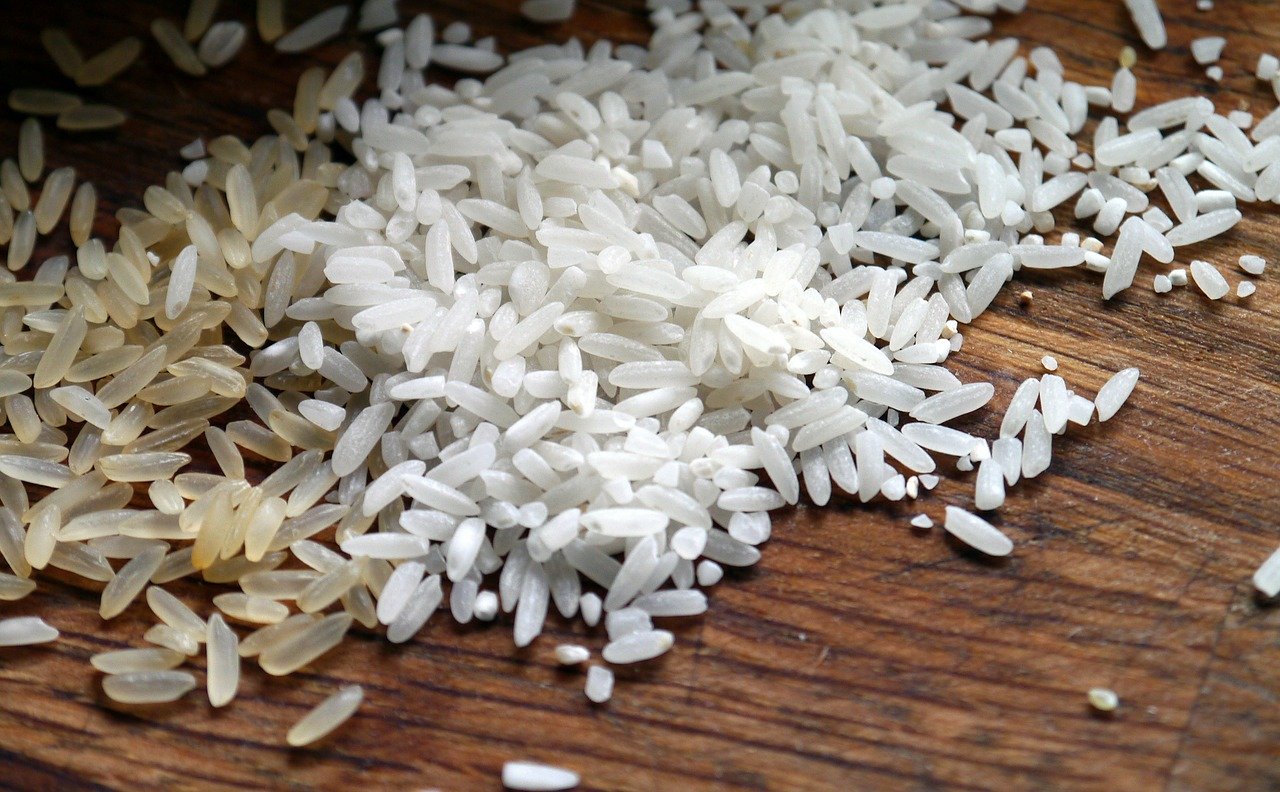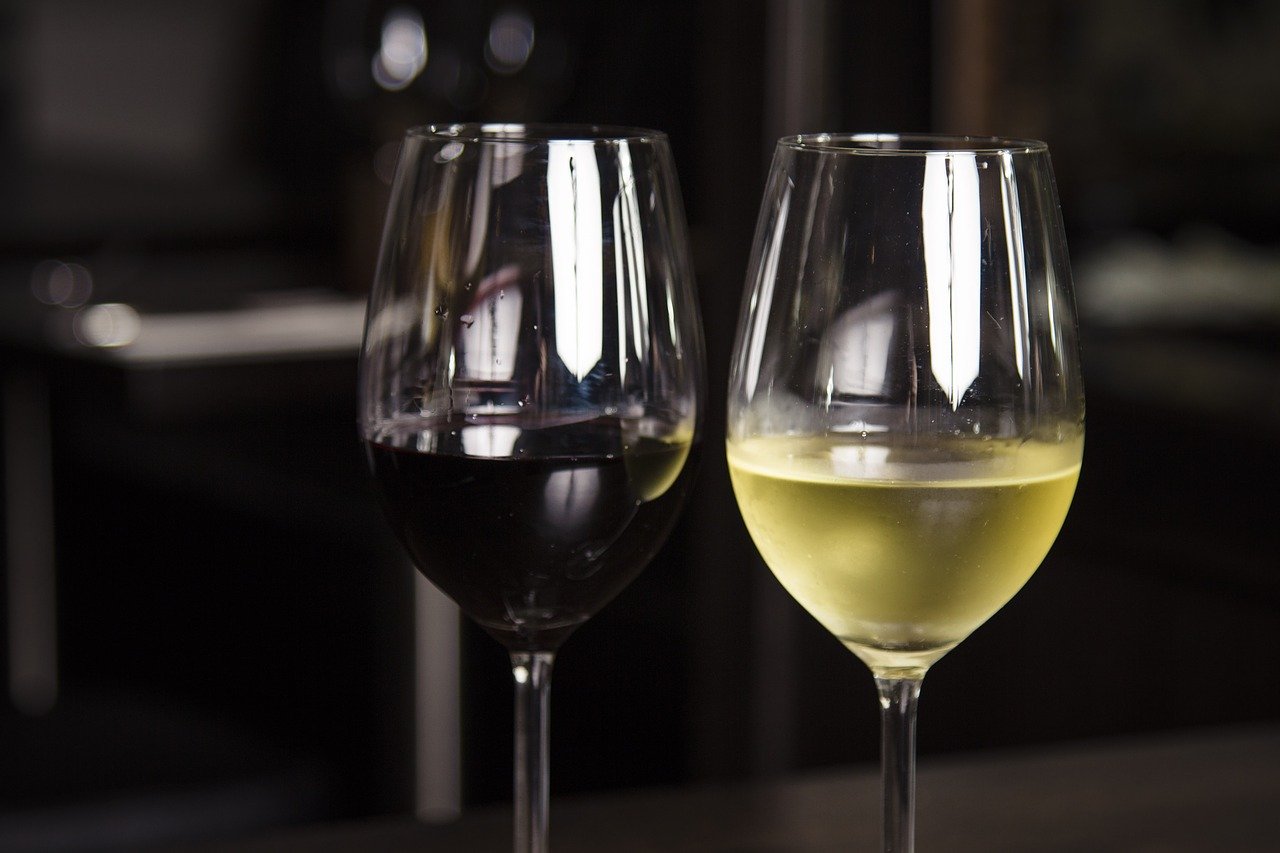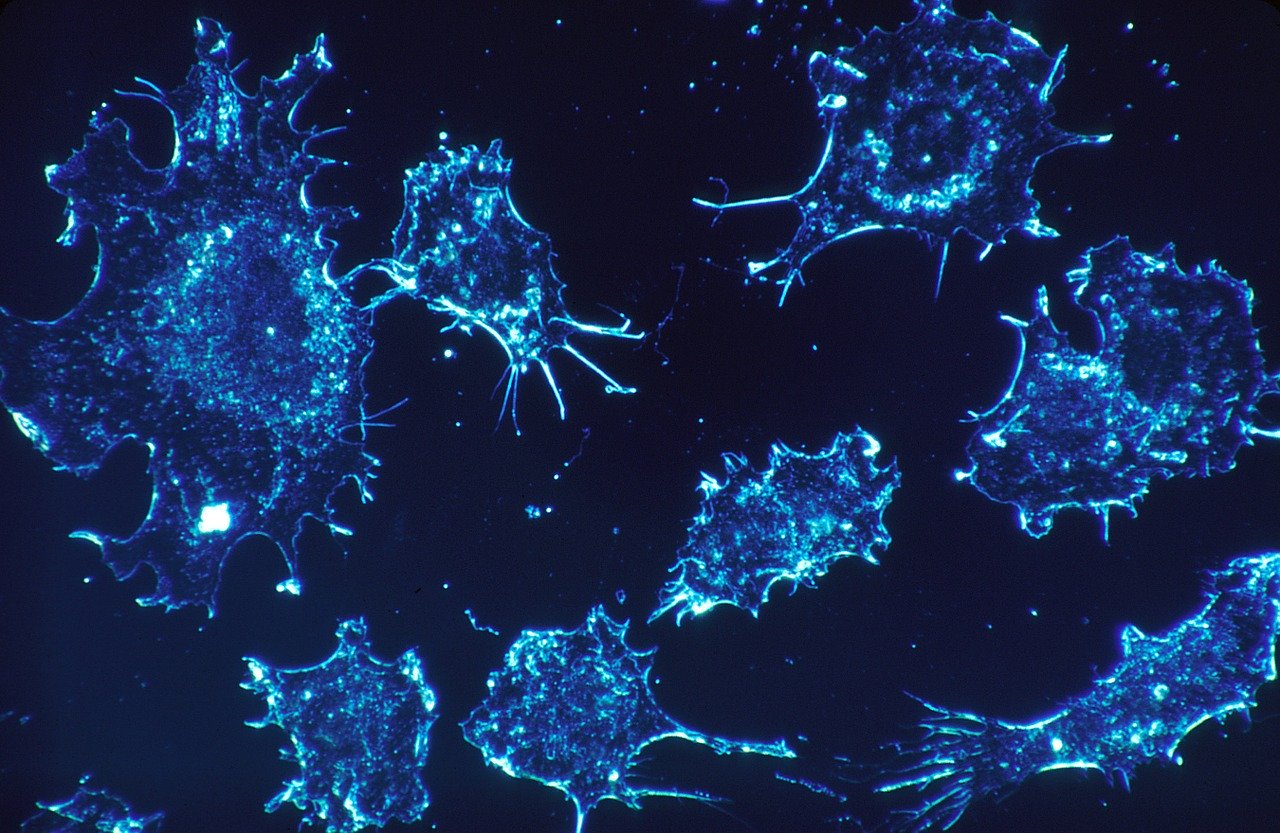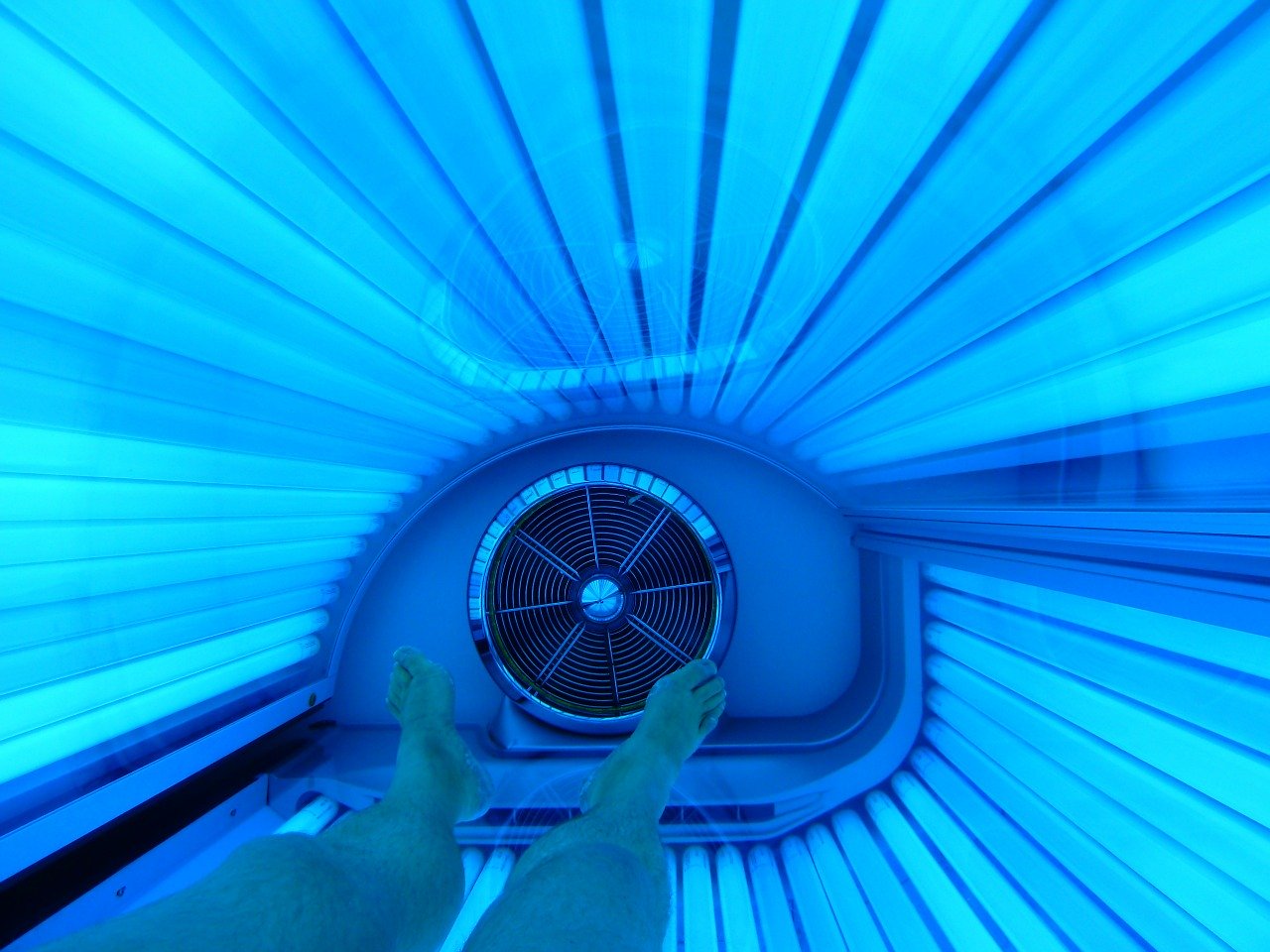In June 2019 researchers from the UK published their review of the medical scientific literature to assess the effectiveness of psychosocial interventions designed to improve the quality of life, physical … Read more
Acupuncture, hypnosis, paced respiration, cognitive behavioural therapy, genistein, soy isoflavones, S-equol, combined preparations of black cohosh, and omega-3 supplements may significantly reduce vasomotor symptoms (night sweats, hot flashes and flushes) which are common in menopausal individuals and those suffering with cancer
In August 2019 researchers from China published their review of the medical scientific literature to assess the effectiveness of complementary and alternative medicines on vasomotor symptoms. Vasomotor symptoms are usually … Read more
A greater adherence to the Alternative Healthy Eating Index-2010 may decrease the risk of developing hepatocellular carcinoma
In August 2019 researchers from China, USA and Singapore published the results of their study to assess the role of three dietary patterns in the development of hepatocellular carcinoma, namely … Read more
Scientists, public health practitioners and parents need to better understand the content of their child’s screen time, how they use screens to fulfill specific needs, and how their interaction with screens has an impact on their health and choices
In May 2020 researchers from the USA published their review on the association of extended television viewing with obesity in adolescents. The researchers stated that on a global basis, adolescent … Read more
Scientists, public health practitioners and parents need to better understand the content of their child’s screen time, how they use screens to fulfill specific needs, and how their interaction with screens has an impact on their health and choices
In May 2020 researchers from the USA published their review on the association of extended television viewing with obesity in adolescents. The researchers stated that on a global basis, adolescent … Read more
Moderate wine intake, especially red wine, at 1-2 glasses per day as part of the Mediterranean diet, appears to be associated with disease prevention and an improvement in disease prognosis
In August 2018 researchers from Greece published their review of the medical scientific literature to assess the association between moderate wine consumption and health. The researchers stated that moderate wine … Read more
A vitamin or mineral deficiency or a severe reduction in carbohydrate intake may contribute to hair loss
In March 2019 researchers from Saudi Arabia and the USA published their review of the medical scientific literature to assess the role of vitamins and minerals in hair loss. A … Read more
Diet quality may lower breast cancer risk through its positive influence on weight status, as being overweight or obese can significantly increase the risk
In April 2020 researchers from the USA assessed the association between diet quality scores and risk of breast cancer. Dietary information was collected via a food frequency questionnaire and scores … Read more
Herbs and spices appear to have antioxidant, anti-microbial, and anti-inflammatory properties and they may in addition reduce the risk of developing chronic diseases, eg cardiovascular disease, neurodegenerative conditions, chronic inflammation, arthritis, cancer, obesity and diabetes type 2
In May 2019 researchers from Canada published their review of the medical scientific literature to identify and assess specific biomarkers in 25 herbs and spices, namely anise, basil, black pepper, … Read more
A higher adherence to the Chinese Food Pagoda and Dietary Approach to Stop Hypertension diet appears to reduce the risk of premature death and breast cancer-specific recurrence or death among long-term breast cancer survivors
In February 2020 researchers from the USA and China published the results of their study to assess the possible benefits of adherence to dietary recommendations among breast cancer survivors. A … Read more
Black pepper appears to have important pharmacological properties which warrant further research
In February 2019 researchers from Mauritius, India, South Africa and Turkey published their review on the medicinal aspects of black pepper (Piper nigrum L.). India was seen to have the … Read more
Although there is no overall carcinogenic risk in consuming canned tuna fish in Iran, there is a potential risk due to its arsenic content
In August 2018 researchers from Iran, Chile, Italy and Norway published their review of the medical scientific literature to analyse the pooled concentrations of metals found in canned tuna fish … Read more
Pooled levels of arsenic and lead found in shrimp from the Persian Gulf region were found to be higher than the safe dose recommended by the Food and Agriculture Organization/World Health Organization guidelines and may contribute to the risk of oral cancer
In March 2018 researchers from Iran and Italy published their review of the medical scientific literature to assess the association between the intake level of arsenic and lead from groups … Read more
The preparation and cooking methods applied for rice appear to effectively reduce the risks associated with toxic metals to an acceptable level, except for arsenic which was still at a level to be considered a carcinogenic risk
In July 2019 researchers from Iran published the results of their study to assess the effect of different pre-cooking and cooking methods on the concentration of toxic (arsenic, cadmium and … Read more
Drinking more than 2 cups of coffee per day appears to be associated with reduced tumour-specific insulin-like growth factor receptor 1 levels as well as an improved prognosis amongst tamoxifen- or radiotherapy-treated individuals with breast cancer but only if they were not overweight or obese
In June 2018 researchers from Sweden published the results of their study to assess the role of coffee consumption on the prognosis of breast cancer and possible associations with tumor-specific … Read more
Are polybrominated diphenyl ethers a risk factor for thyroid cancer?
In August 2018 researchers from Italy published their review on the role of polybrominated diphenyl ethers in thyroid cancer. They stated that the incidence of thyroid cancer has increased faster … Read more
The association between total alcohol intake and risk of breast cancer appears to be mainly limited to oestrogen receptor positive breast cancer, especially in post-menopausal women, whilst an analysis of different types of alcohol showed that only wine revealed similar results
In February 2020 researchers from China published their review of the medical scientific literature to to assess the association between different alcoholic beverages (spirits, wine and beer) and risk of … Read more
Use of low-dose aspirin appears to be associated with a significantly lower risk of hepatocellular carcinoma and lower liver-related mortality, without a significantly higher risk of gastrointestinal bleeding
In March 2020 researchers from the USA and Sweden published the results of their study to assess the association between low-dose aspirin (under 160 mg) and hepatocellular carcinoma, liver-related mortality … Read more
Cooking does not consistently reduce the levels of per-and poly-fluoroalkyl substances found in seafood and cannot diminish dietary exposure
In May 2019 researchers from Australia published the results of their study to assess whether different cooking methods can potentially change the levels of per-and poly-fluoroalkyl substances found in seafood. … Read more
Sunbed use increases the risk of cutaneous squamous cell carcinoma (malignant skin cancer) in women
In September 2019 researchers from Sweden published the results of their study to assess the risk factors for cutaneous squamous cell carcinoma. A total of 29,460 women were included in … Read more



